Lebanon Approves Extradition of Qaradawi's Son to UAE: Why Was Egypt's Request Overlooked
Lebanon’s caretaker government announced its decision to extradite Abdulrahman al-Qaradawi, son of the late Islamic scholar Yusuf al-Qaradawi, to the United Arab Emirates (UAE). This decision, approved by the Council of Ministers, has sparked questions, particularly as Egypt had also requested his extradition.
Qaradawi’s lawyer, Mohammad Sablouh, stated that he would file an urgent appeal today, Wednesday, to block the extradition, according to Reuters.
Background of the Decision
According to Asharq Al-Awsat newspaper, the Lebanese decision was based on an arrest warrant issued by the Council of Arab Interior Ministers. As a member of this council and a signatory to its agreements, Lebanon is obligated to comply with the UAE’s request, despite the absence of a direct judicial agreement for extradition between the two countries.
Qaradawi was arrested at the end of December upon arriving in Lebanon through the Al-Masnaa border crossing from Syria. The arrest was carried out under an Interpol red notice based on an in absentia conviction issued by an Egyptian court, sentencing him to five years in prison for spreading false news and inciting violence and terrorism.
What About Egypt’s Request?
A judicial source clarified that Lebanon’s Public Prosecutor had prioritized the UAE’s extradition request because it was complete and submitted promptly, whereas Egypt’s file was incomplete, delaying Qaradawi’s interrogation regarding their request.
Abdulrahman al-Qaradawi, who holds both Egyptian and Turkish citizenship, was arrested in Lebanon on December 28 after returning from Damascus. According to his lawyer, the arrest followed offensive comments he posted on social media targeting both Egypt and the UAE.



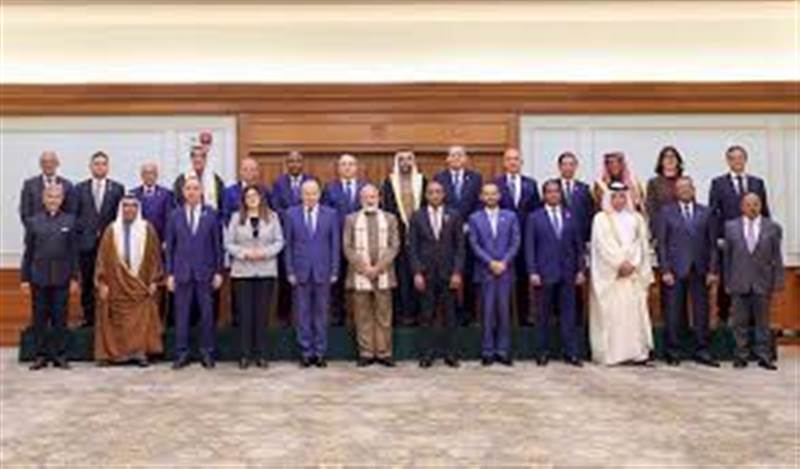
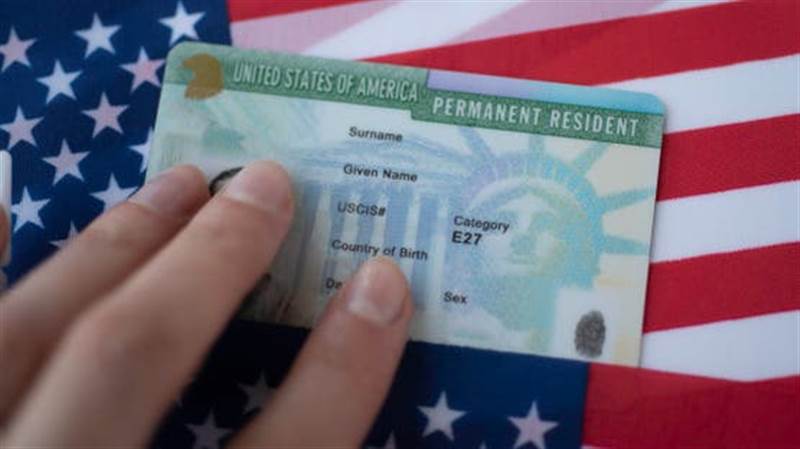

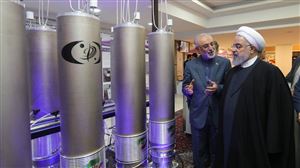

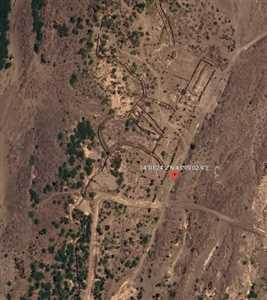


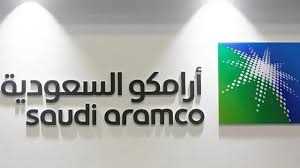
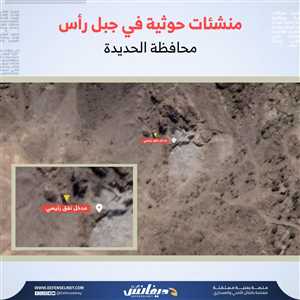


Comments